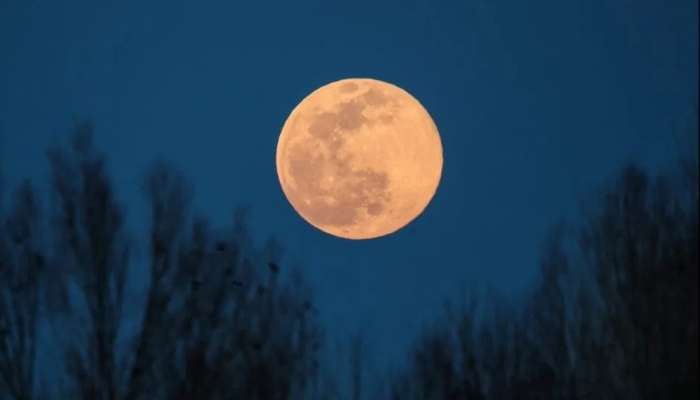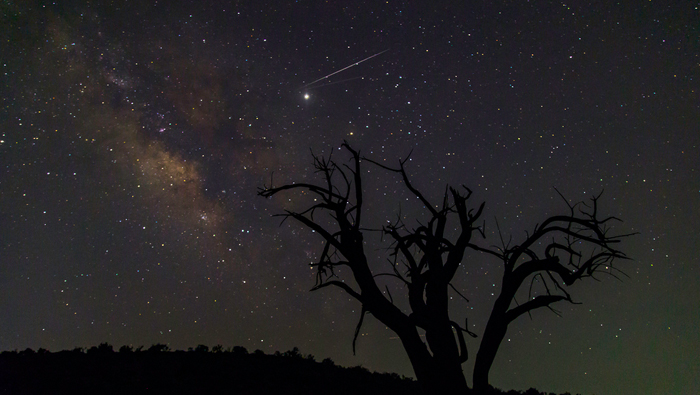

Muscat: For several years, stargazers in the Sultanate of Oman have been waiting for the arrival of 2023 to watch the Perseid meteor showers with a degree of clarity. In the past, bright moonlight had made the sightings difficult.
Salim Al Fraisi from the Oman Astronomical Society, said: “Annually, the month of August is characterised by the occurrence of many astronomical phenomena, and this year one can see two super moons, in addition to the meteor showers.”
The meteor showers will be different this year, as for the night between August 12 and 13, the moon will be a thin crescent that will rise closer to the dawn and make perfect setting for observing meteors.
Al Fraisi explained: “These showers fall so often, as the earth revolves around the sun, it can pass the remnants of some comets or asteroids in its trajectory, so those rocky remnants enter the atmosphere at great speeds, and with the associated friction, they burn causing the phenomenon of showers.”
Every night one can see a meteor or two in the sky, but on specific nights every year the density of meteors increases and reaches hundreds.
For this reason, meteor showers have specific dates every year that coincide with the earth’s meeting with these remnants, and the Perseid meteors start specifically from July 17 and end on August 24 of each year. During this period one can see a number of meteors, where the earth meets remnants of comet 109b/Swift-Tuttle.
But at the peak of the shower, that is, the moment the earth passes through the largest amount of comet remnants, about 90-100 meteors can be observed every hour, and this will happen between the night of August 12 and 13 . The closer we get to the morning, the greater the meteor shower rate will be, and this will happen in all countries of the Arab world.
The Perseid Meteor Shower is named after the place in the sky from which the meteors seem to radiate (the centre of the meteor), which is the Perseus constellation.
Al Fraisi added: “No astronomical tools are required to watch meteor showers. The roof of any house is a suitable place for observation, but city lights blind us from spotting meteors.”
“In remote places, such as deserts or villages far from cities, one can easily see the maximum number of Perseid meteors per hour, which is about 100,” Al Fraisi added.
So all you need is to relax, stretch on the ground, raise your head to the sky, and then enjoy the meteors.
The Perseids are the most important shower in the Arab world, as they occur during summer holidays and their peak coincides with the night in the sky of the Arab world for which people await in the Gulf region.